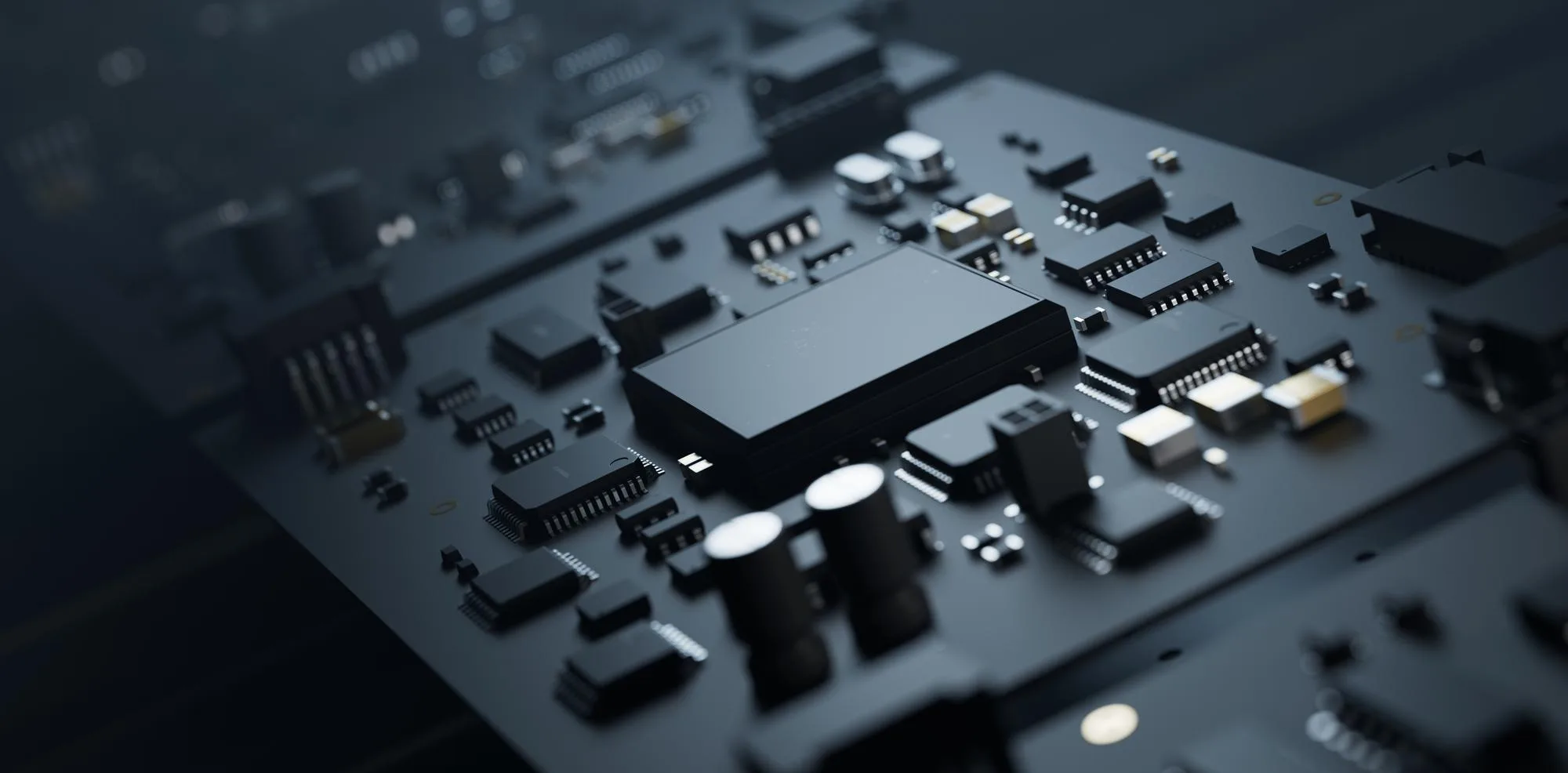Modernizing Existing Products
Product Redesign & Obsolete Component Replacement in St George, Utah
When a product reaches the oint where components become unavailable or reliability starts slipping, a redesign becomes essential. We update the electronics, refine the firmware, and rebuild housings or fixtures so the product can continue to evolve without losing what already works.
- PCB redesign with modern, available components
- Firmware updates, optimizations, and refactoring
- Improved power systems and sensor integration
- Revised mechanical housings, enclosures, and fixtures
- Manufacturing-ready adjustments for production

Get Engineering Support
Start Your Project

